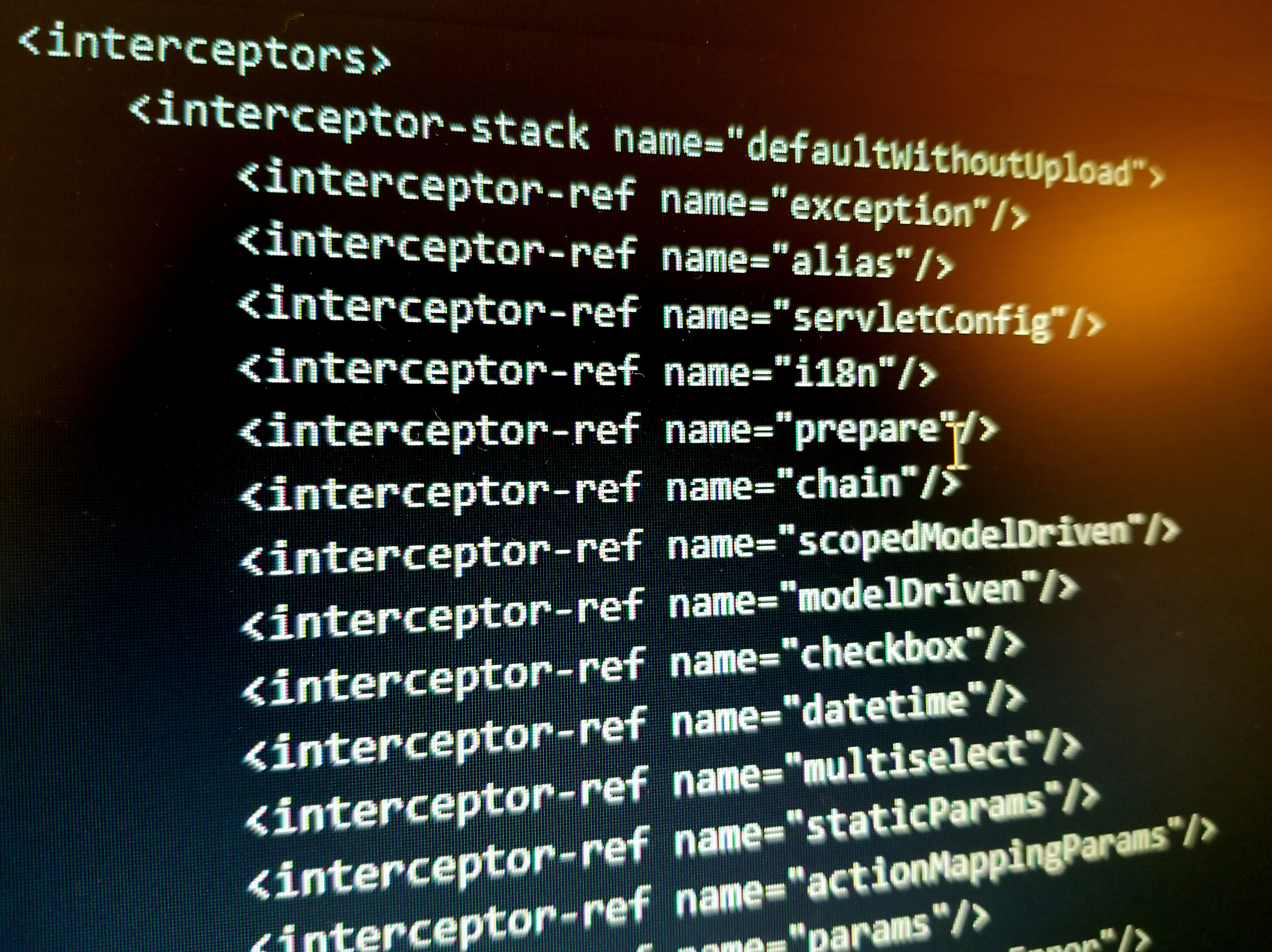Russia's Cyber Offensive Exposed: Targeting NATO Logistics and Tech in Coordinated Attacks

Russia's Cyber Offensive Exposed: Targeting NATO Logistics and Tech in Coordinated Attacks
Recent revelations have brought to light a sophisticated and sustained cyber campaign orchestrated by Russia's military intelligence unit, GRU 26165 (also known as APT 28), targeting critical logistics and technology infrastructure vital to NATO and its allies. The U.K.'s National Cyber Security Centre (NCSC) and its international partners have successfully unmasked this malicious activity, shedding light on the Kremlin's efforts to disrupt supply chains and gain access to sensitive technological information.
A Coordinated Campaign of Cyber Malice
The NCSC’s findings detail a coordinated series of cyberattacks aimed at a range of entities within the Western logistics and technology sectors. These attacks aren't random acts of hacking; they represent a deliberate and strategically planned operation designed to undermine NATO’s operational capabilities and potentially steal valuable intellectual property. APT 28 is a well-known and persistent threat actor with a history of carrying out disruptive cyber operations on behalf of the Russian state.
Targets and Tactics
The scope of the targets is broad, encompassing companies involved in the transportation of goods, warehousing, and the development of crucial technologies. While specific details about the compromised companies remain confidential to protect ongoing investigations and prevent further exploitation, the NCSC has emphasized the severity of the threat and the potential for cascading impacts.
The tactics employed by APT 28 are characteristic of advanced persistent threat (APT) groups. These include spear-phishing campaigns (using targeted emails to trick individuals into revealing credentials), the exploitation of known software vulnerabilities, and the deployment of custom malware designed to evade detection. The sophistication of these techniques underscores the significant resources and expertise dedicated to this operation.
Why Logistics and Technology?
The selection of logistics and technology companies as primary targets highlights Russia’s strategic priorities. Disrupting logistics networks can cripple military operations, hindering the movement of troops, equipment, and supplies. Gaining access to technological information, particularly in areas like communications, cybersecurity, and advanced manufacturing, can provide a significant advantage in future conflicts and allow for the development of countermeasures against Western technologies.
International Collaboration and Response
The exposure of this campaign is a testament to the growing importance of international collaboration in cybersecurity. The NCSC worked closely with allies, including the U.S., Canada, and the European Union, to attribute the attacks to APT 28 and to develop mitigation strategies. This joint effort demonstrates a unified front against Russian cyber aggression.
Protecting Against Future Threats
The NCSC is urging organisations across all sectors to review their cybersecurity practices and implement robust defenses against APT-level attacks. Key recommendations include:
- Implementing multi-factor authentication (MFA)
- Regularly patching software vulnerabilities
- Training employees to identify and report phishing attempts
- Employing robust network segmentation to limit the impact of breaches
- Conducting regular security audits and penetration testing
The ongoing threat from state-sponsored cyber actors like APT 28 requires a proactive and vigilant approach to cybersecurity. By strengthening defenses and fostering international cooperation, we can mitigate the risks and protect critical infrastructure from malicious attacks.






